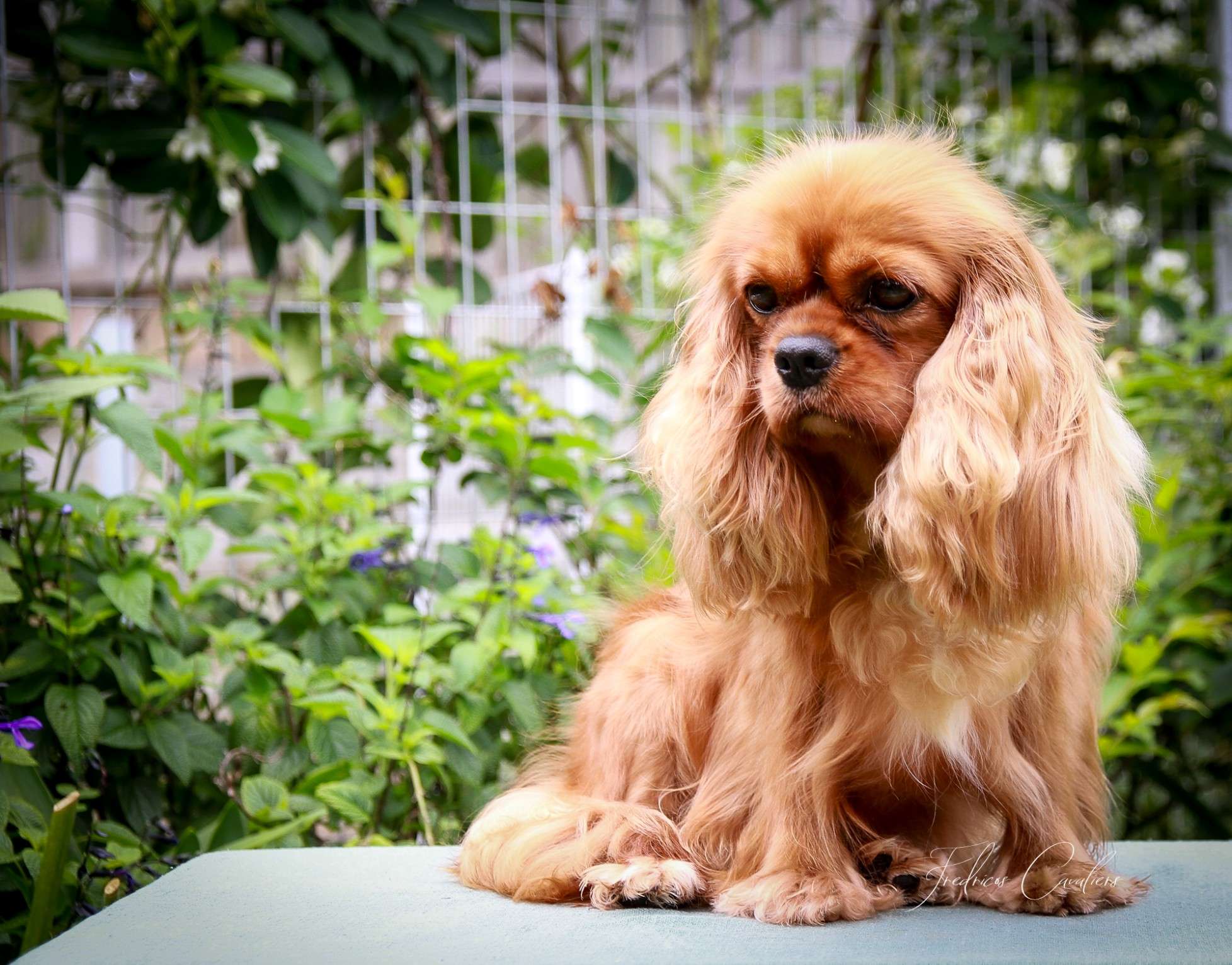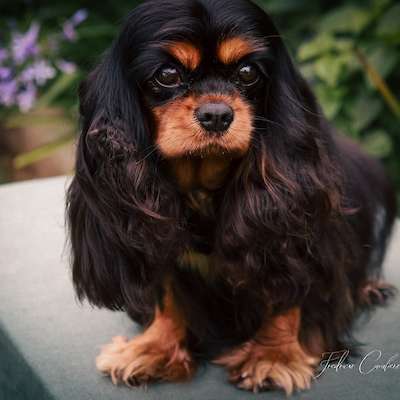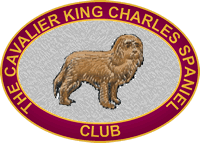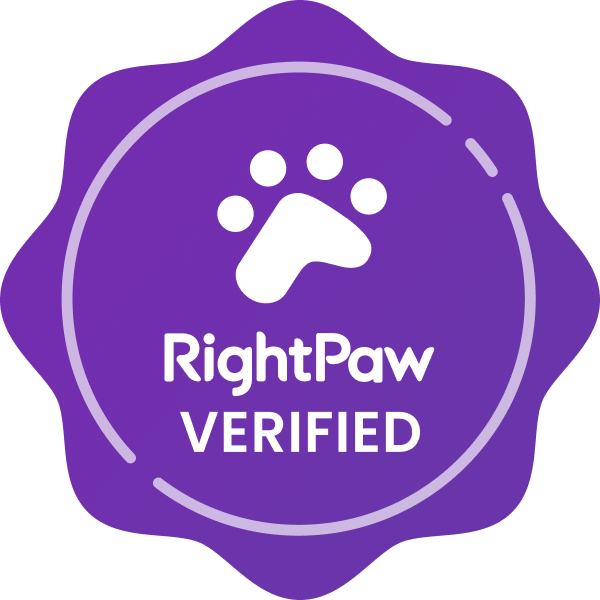Cavalier King Charles Spaniels: What Do You Need to Know?

Cavalier King Charles Spaniels, with their adorable floppy ears and expressive eyes, have captured the hearts of many dog lovers around the world. However, like any breed, they come with their own set of characteristics and considerations. In this post, we'll delve into some commonly asked questions about Cavalier King Charles Spaniels to provide you with a comprehensive understanding of this beloved breed.
What are the negatives of a Cavalier King Charles Spaniel?
While Cavalier King Charles Spaniels are known for their gentle and affectionate nature, there are some potential drawbacks to consider:
Health Issues: It is a known fact that all breeds of dogs, whether purebred or mixed breeding, can inherit various genetic and hereditary health issues. The Cavalier King Charles Spaniel is not exempt from this reality. Due to their popularity, they have unfortunately been targeted by puppy farmers and backyard breeders solely for profit, often neglecting the health, correct structure as well as the welfare of the dogs. This exploitation has tarnished the breed's reputation, exacerbated by the amplification of concerns by animal rights activists online.
Among the primary health concerns for this breed are the prevalence of certain diseases, including Mitral Valve Disease (MVD), specific eye conditions, Syringomyelia (SM), Curly Coat/Dry Eye (CC/DE), Episodic Falling Syndrome (EF), and Degenerative Myelopathy (DM). However, diligent research, quality show breeders working together and sharing their bloodlines and understanding the strengths and weaknesses of their breeding program using very careful and selective breeding can significantly mitigate these risks.
Specialist health testing, conducted by qualified veterinarians specialising in Cardiology and Ophthalmology, plays a crucial role in managing and reducing the occurrence of these conditions. Genetic testing, facilitated by reputable organisations and academic institutions, aids breeders in identifying and addressing breed-specific diseases and traits.
Here at Fredricos Cavaliers, we prioritise the health and well-being of our dogs through comprehensive health testing protocols. Our breeding dogs undergo auscultations by cardiologists, eye examinations by ophthalmologists, and genetic testing for CC/DE, EF, and DM. Additionally, our females receive full health check-ups by our reproductive veterinarian prior to mating confirming she is fit and healthy to breed with. All puppies leave with a veterinarian health check-up and a written health certificate within 24 hours of departure.
Moreover, we provide our puppy families with added peace of mind by offering two months of free pet insurance for every puppy, ensuring their ongoing health care needs are met. By adhering to rigorous health testing standards, we strive to produce healthy, quality Cavaliers for our cherished families.
Separation Anxiety: Cavaliers are bred as companion dogs, therefore they are highly sociable dogs and can develop separation anxiety if left alone for long periods. They thrive on human companionship and may exhibit destructive behaviours when feeling lonely or anxious.
Grooming Needs: While their coat is silky and beautiful, it does require regular grooming to prevent matting and tangling. This includes brushing several times a week and occasional baths. Neglecting their grooming needs can lead to skin problems and discomfort for the dog.
Are King Charles Cavaliers good house dogs?
Yes, Cavalier King Charles Spaniels generally make excellent house dogs due to their affectionate and adaptable nature. They tend to get along well with children, other pets, and even strangers, making them great companions for families and individuals alike. Their moderate exercise needs make them suitable for apartment living, although they do enjoy regular walks and playtime.
Do Cavalier King Charles bark a lot?
Cavaliers are not known for excessive barking. However, they may bark to alert their owners of approaching strangers or unusual sounds. With proper training and socialization from a young age, their barking tendencies can be effectively managed. Overall, they are not considered a particularly noisy breed.
Are King Charles Cavaliers high maintenance?
In terms of grooming, Cavalier King Charles Spaniels do require regular maintenance to keep their coat healthy and free of mats. However, compared to some other breeds, they are relatively low maintenance. They thrive on human interaction and companionship, so meeting their emotional needs through quality time and affection is essential.
In conclusion, Cavalier King Charles Spaniels are loving and charming companions with a few considerations to keep in mind. With proper care, training, and attention to their health needs, they can make wonderful additions to a variety of households. As with any pet, it's essential to do thorough research and consider your lifestyle before bringing a Cavalier into your home.





